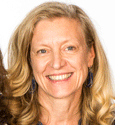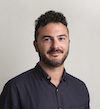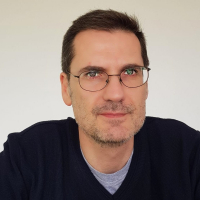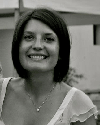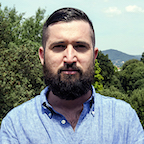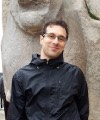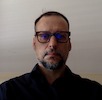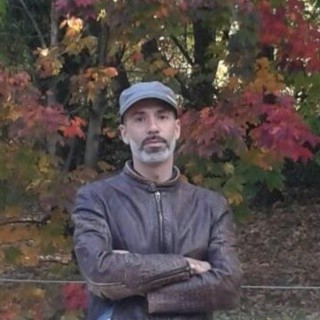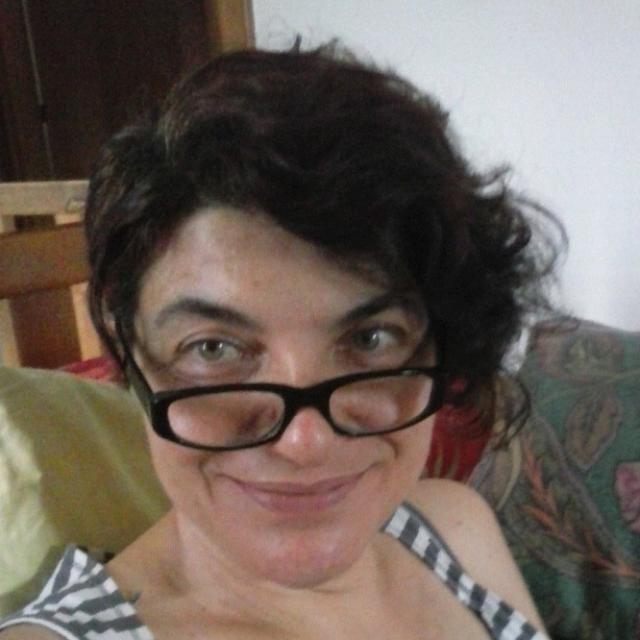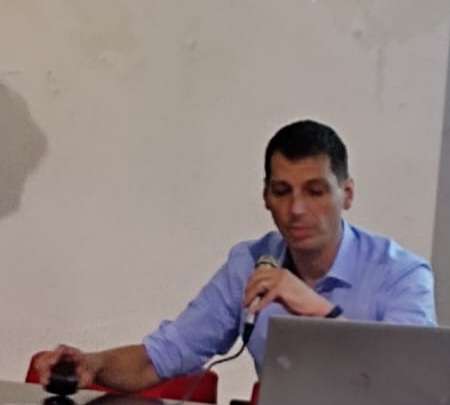Studying at the University of Verona
Here you can find information on the organisational aspects of the Programme, lecture timetables, learning activities and useful contact details for your time at the University, from enrolment to graduation.
Academic calendar
The academic calendar shows the deadlines and scheduled events that are relevant to students, teaching and technical-administrative staff of the University. Public holidays and University closures are also indicated. The academic year normally begins on 1 October each year and ends on 30 September of the following year.
Course calendar
The Academic Calendar sets out the degree programme lecture and exam timetables, as well as the relevant university closure dates..
| Period | From | To |
|---|---|---|
| CuCi 1 A | Sep 23, 2024 | Oct 31, 2024 |
| CuCi 1 B | Nov 11, 2024 | Dec 21, 2024 |
| CuCi 2 A | Feb 17, 2025 | Mar 29, 2025 |
| CuCi 2 B | Apr 7, 2025 | May 31, 2025 |
| Session | From | To |
|---|---|---|
| Sessione invernale | Jan 7, 2025 | Feb 15, 2025 |
| Sessione estiva | Jun 3, 2025 | Jul 26, 2025 |
| Sessione autunnale | Aug 25, 2025 | Sep 20, 2025 |
| Session | From | To |
|---|---|---|
| Sessione straordinaria a.a. 2023/24 | Mar 31, 2025 | Apr 5, 2025 |
| Sessione estiva | Jul 7, 2025 | Jul 12, 2025 |
| Sessione autunnale | Nov 3, 2025 | Nov 8, 2025 |
| Sessione straordinaria a.a. 2024/25 | Mar 27, 2026 | Apr 2, 2026 |
| Period | From | To |
|---|---|---|
| Chiusura palazzi | Nov 2, 2024 | Feb 2, 2024 |
| Vacanze di Natale | Dec 23, 2024 | Jan 6, 2025 |
| Vacanze di Pasqua | Apr 19, 2025 | Apr 21, 2025 |
| Festa della Liberazione | Apr 25, 2025 | Apr 25, 2025 |
| Festa dei lavoratori | May 1, 2025 | May 1, 2025 |
| Festa del Santo Patrono | May 21, 2025 | May 21, 2025 |
| Vacanze estive | Aug 11, 2025 | Aug 16, 2025 |
Exam calendar
Exam dates and rounds are managed by the relevant Culture and Civilisation Teaching and Student Services Unit.
To view all the exam sessions available, please use the Exam dashboard on ESSE3.
If you forgot your login details or have problems logging in, please contact the relevant IT HelpDesk, or check the login details recovery web page.
Should you have any doubts or questions, please check the Enrollment FAQs
Academic staff
 liampaul.benison@univr.it
liampaul.benison@univr.it
 riccardo.bertolazzi@univr.it
riccardo.bertolazzi@univr.it
 luca.bochicchio@univr.it
luca.bochicchio@univr.it
 dario.donetti@univr.it
dario.donetti@univr.it
 stefania.pontrandolfo@univr.it
stefania.pontrandolfo@univr.it
Study Plan
The Study Plan includes all modules, teaching and learning activities that each student will need to undertake during their time at the University.
Please select your Study Plan based on your enrollment year.
1° Year
| Modules | Credits | TAF | SSD |
|---|
1 module among the following2° Year It will be activated in the A.Y. 2025/2026
| Modules | Credits | TAF | SSD |
|---|
2 modules among the following3 modules among the following1 module among the following3° Year It will be activated in the A.Y. 2026/2027
| Modules | Credits | TAF | SSD |
|---|
1 module among the following3 modules among the following1 module among the following| Modules | Credits | TAF | SSD |
|---|
1 module among the following| Modules | Credits | TAF | SSD |
|---|
2 modules among the following3 modules among the following1 module among the following| Modules | Credits | TAF | SSD |
|---|
1 module among the following3 modules among the following1 module among the following| Modules | Credits | TAF | SSD |
|---|
Legend | Type of training activity (TTA)
TAF (Type of Educational Activity) All courses and activities are classified into different types of educational activities, indicated by a letter.
Topography of Ancient Italy (i) (It will be activated in the A.Y. 2026/2027)
Teaching code
4S01193
Credits
6
Scientific Disciplinary Sector (SSD)
L-ANT/09 - TOPOGRAFIA ANTICA
Learning objectives
The course addresses the subject of the relationship that arose between man and the environement in ancient times, with particular reference to the Roman era. The expected learning outcomes are: KNOWLEDGE: 1.Knowledge of the sources, tools and methodologies used in the reconstruction of the ancient environment with particular focus on road networks, agrarian organisation and urban development. 2. Knowledge of the influence of geographical factors on the origin and development of settlements and the environmental changes caused by man. SKILLS: 1.Correct use of basic archaeological terminology, particularly that related to the ancient landscape. 2.Application of an interdisciplinary methodological approach to the reading and interpretation of the ancient world. 3.Analysis and understanding of the main sources employed in historical/archaeological study (literary, epigraphic, material).
Educational offer 2023/2024
You can see the information sheet of this course delivered in a past academic year by clicking on one of the links below:
Type D and Type F activities
Training offer being defined
Career prospects
Module/Programme news
News for students
There you will find information, resources and services useful during your time at the University (Student’s exam record, your study plan on ESSE3, Distance Learning courses, university email account, office forms, administrative procedures, etc.). You can log into MyUnivr with your GIA login details: only in this way will you be able to receive notification of all the notices from your teachers and your secretariat via email and soon also via the Univr app.
Graduation
List of theses and work experience proposals
| theses proposals | Research area |
|---|---|
| Ambiti di tesi | Art & Architecture - Art & Architecture |
| Stage | Research area |
|---|---|
| Lavorare in archivio | Various topics |

 +39 045802 8351
+39 045802 8351
